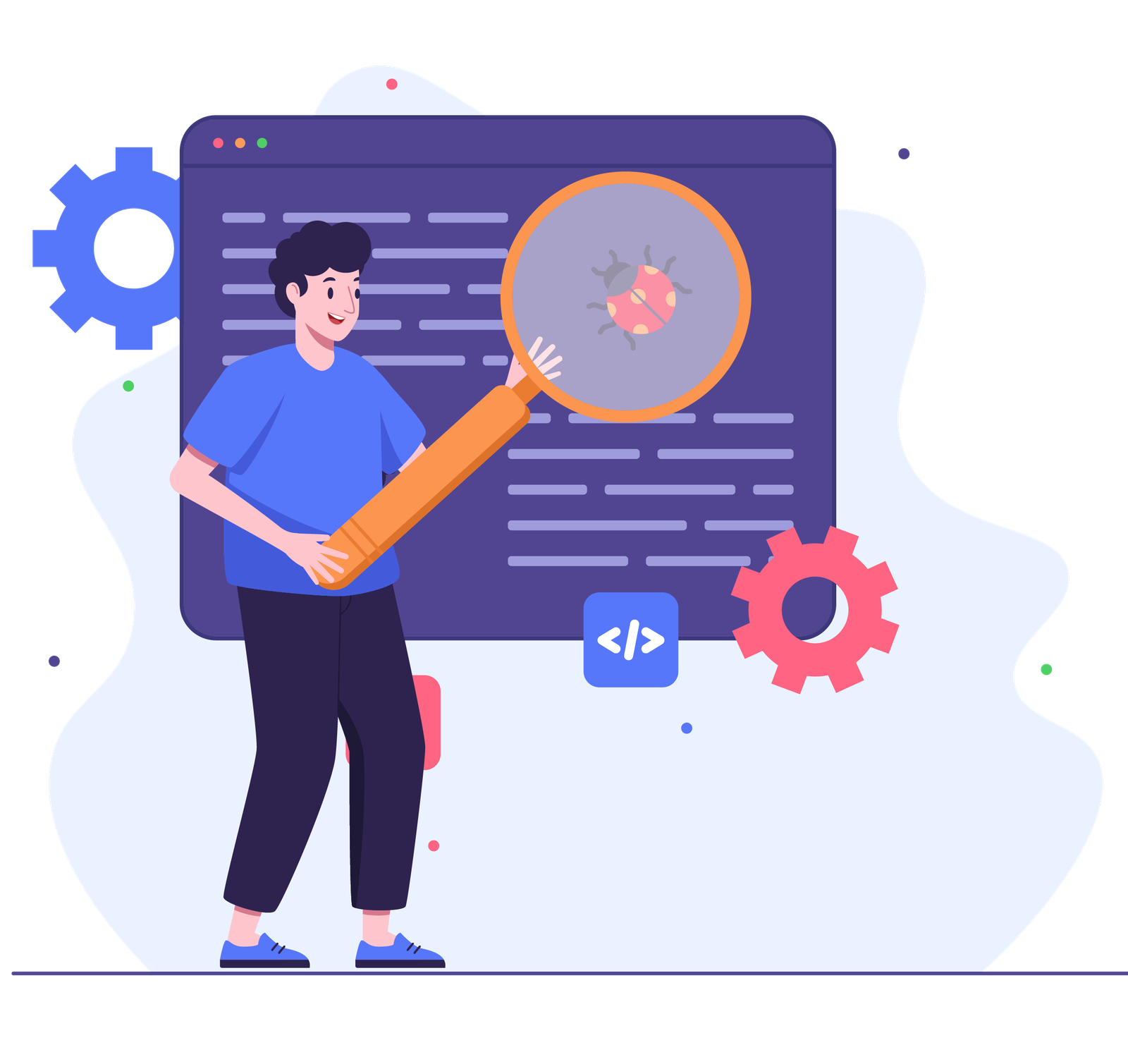
Software Testing Course Training
Looking to excel in the field of software testing? Join Skyaltum, a leading training institute offering a comprehensive Software Testing Course designed to make you job-ready with real-time skills and industry exposure.
Our course covers essential topics like Manual Testing, Automation Testing, Test Management Tools, and more — all with a focus on practical training and hands-on experience. Start your journey toward a successful IT career with Skyaltum. Enroll today and level up your future in software testing!
Software Testing has emerged as a highly rewarding and future-proof career in the IT industry. With a growing demand for quality assurance, the field offers diverse career opportunities, ranging from manual testing to advanced automation roles.
In today’s job market, software testing ranks among the highest-paying roles, making it ideal for individuals passionate about technology, quality, and innovation.
According to the U.S. Bureau of Labor Statistics, employment of software developers—including testers—is expected to grow 22% from 2019 to 2029, much faster than the average for all occupations.